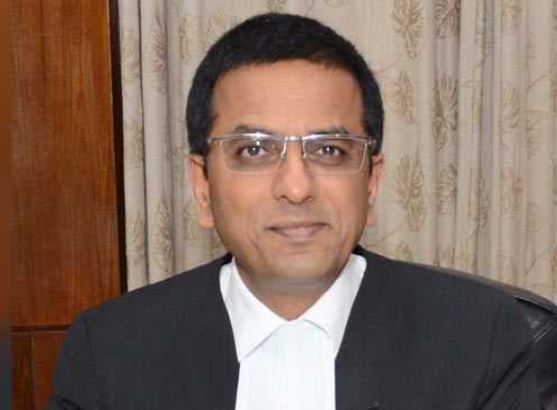Chief Justice of India (CJI) DY Chandrachud has advised the judges to remain conscious of what they say when court proceedings are either being live-streamed or reported live.
Answering a query on the impact of social media on the judiciary at an event organised by Harvard Law School Center on the Legal Profession last month, the CJI said that judges must train themselves to deal with the challenges posed by social media, otherwise they run the risk of being misconstrued.
As per the CJI, before the advent of social media, there used to be very few journalists in the courts.
But now, there are a ‘million’ journalists reporting live on court proceedings virtually by the minute, not at the end of the day, he pointed out. The CJI said this summed up what the judges had to encounter.
Noting that social media did create issues for judges, he said there was little choice in the matter. He said technology was no longer a choice, since people were currently living in a society, which had the prevalence of social media.
He noted that dialogues between the judges and lawyers were often misconstrued on social media when such comments were reported live.
As per the CJI, there were two types of judges – one who revealed what they had in mind and the others, who summarised what had been argued.
He said some judges played the devil’s advocate, they would tell the lawyer why they were wrong in the proposition, which they did to draw out the best of the lawyer. The second type of judges were those who would restate what the lawyer said and take it to its logical conclusion.
As per CJI Chandrachud, people often assumed that what the judge was saying during the hearing pointed to the possible judgement of the court.
This created a problem because what was being debated in the court was a debate. It was not a verdict or a point of view. What a judge said in the course of arguments might not even in fact be the line of final conclusion, which he may be going to take, but which he may be testing for the purpose of a dialogue, he added.
He said the issue assumed more significance during criminal trials because in criminal justice, a presumption of innocence existed before the pronouncement of judgement. He added that social media users often commented on the merits of the case while the case was still under investigation.


